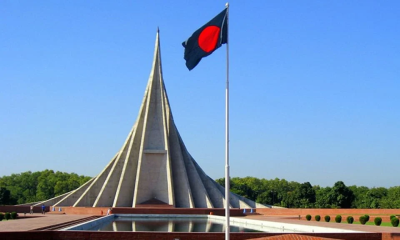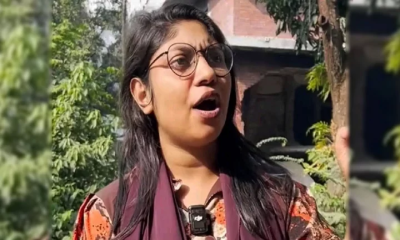A recent study unveils that 71.5% of youth do not feel safe expressing their opinions publicly, while 74.2% intend to take part in the forthcoming national election as voters.
The information was unveiled as the results of a survey which was announced at a press conference held at BYLC`s headquarters in the capital on Thursday,
Bangladesh Youth Leadership Centre (BYLC) and BRAC University’s Centre for Peace and Justice jointly conducted the research study titled `Youth Matters Survey` to understand the aspirations, priorities, and viewpoints of Bangladesh’s youth.
The study, which included 5,609 youths from all over Bangladesh, is intended to provide insights into political parties’ manifestos ahead of the upcoming national elections. BYLC conducts this survey every five years ahead of the national elections.
The study, conducted in all eight divisions of Bangladesh in September 2023, asked youth about their opinions and perceptions on education, health, livelihoods, climate change, justice, democracy and governance, information and migration.

Photo: UNB
The findings reflect an intriguing combination of aspirations and concerns among youths. According to the research, 71.5% of youth stated that they don`t feel safe expressing their opinion publicly, which underscores the need for creating more safe spaces for youth to express their opinions freely.
However, 74.2% of respondents said they intend to vote in the next national elections, highlighting the youths` desire to exercise their voting rights and participate in shaping their collective future.
About 55% of respondents stated that Bangladesh lacks peace while 63% of respondents believe that peace has deteriorated in Bangladesh in the last five years.
Regarding the pursuit of livelihood, 48.7% of youth are interested in entrepreneurship as a future profession, highlighting the growing entrepreneurial mindset of Bangladesh’s youth.
Improving education is a top priority for youth, with 57.7% mentioning inadequate instructor quality and 44.4% recommending leadership and soft skills training to be incorporated into the curriculum.
The emotional and physical wellness of youth is adversely affected by inflation in commodity prices (61.8%), socio-political-economic conditions (45.1%), and job insecurity (40.2%).
The survey reveals that climate change affects 73.4% of youth, highlighting growing awareness among today’s youth about the impacts of the climate crisis.
Regarding governance, 88% of survey respondents underscored corruption as a major barrier to good governance in Bangladesh, while 29.1% said that they are concerned about dwindling democratic rights in Bangladesh.
A significant 42.4% are considering leaving the country, citing socio-economic concerns (75.5%), skill-job mismatch (50.9%), and restricted educational options (42.3%) as reasons.
On the positive side, 85.5% of those who said they would leave the country said that they would return if conditions improved in Bangladesh. Despite all the challenges in the country, 56.8% of respondents said that they are optimistic about Bangladesh`s future.
While speaking at the press conference, BYLC’s founder and executive chairperson Ejaj Ahmad said, “We should not see youth as future leaders, but as current leaders. To ensure meaningful youth participation, we should not only incorporate their viewpoints in our national policies but also provide space for them to exercise leadership in local and national levels, including politics, business and civil sectors.”
CPJ’s director of research Dr M Sanjeeb Hossain said, “I am extremely hopeful about the youth. The enthusiasm I have witnessed among them in this country is truly commendable. Now it is the responsibility of our duty bearers to nurture and safeguard this hope.”
BYLC’s executive director Tahsinah Ahmed and research associate Tasnia Khandaker also spoke at the program.




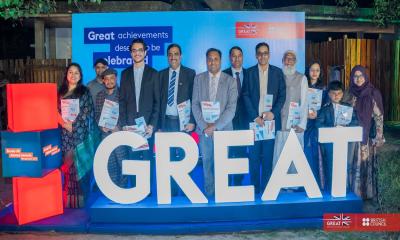
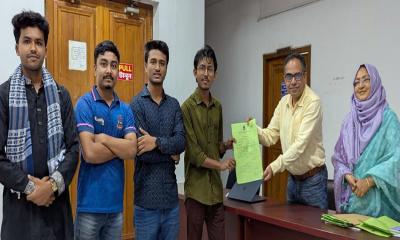
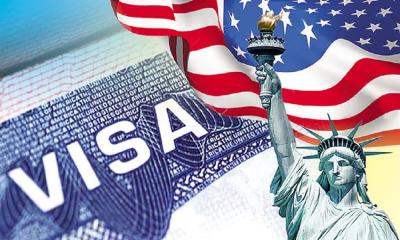

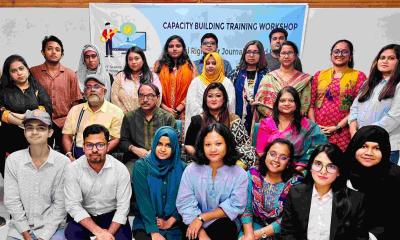
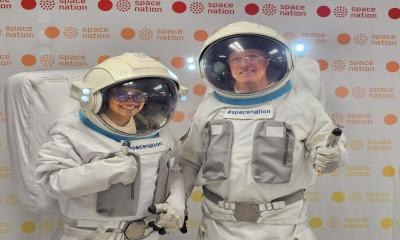
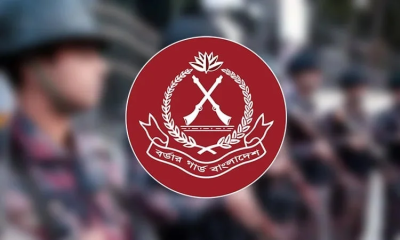
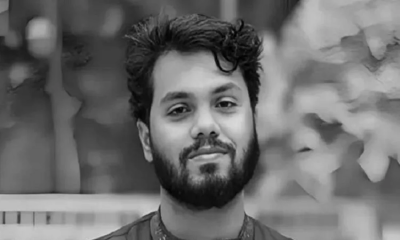
-20251219122251.jpeg)
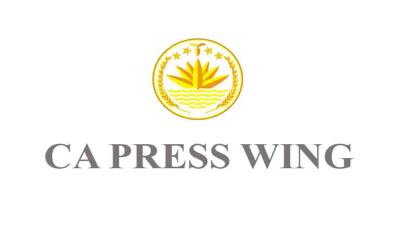
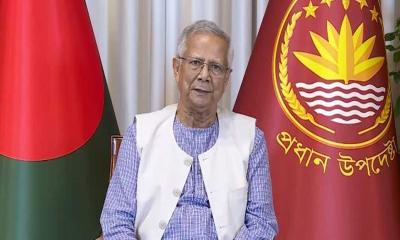
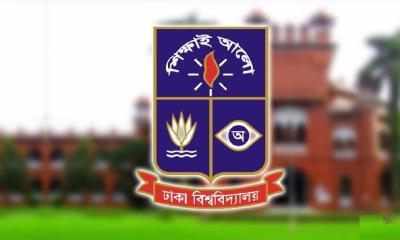
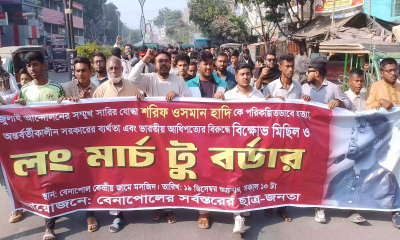
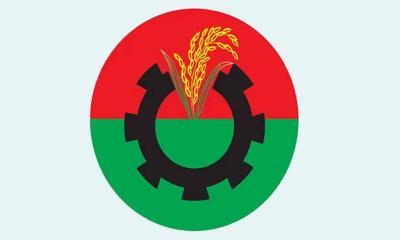
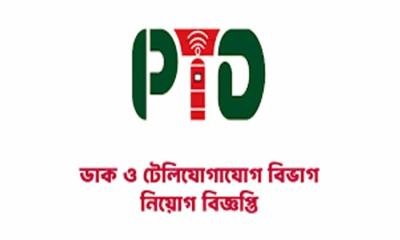
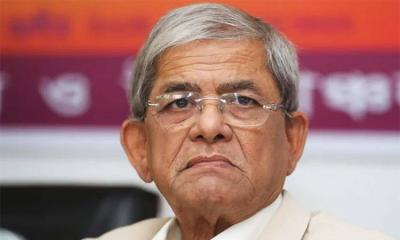

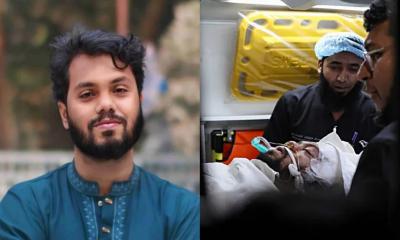
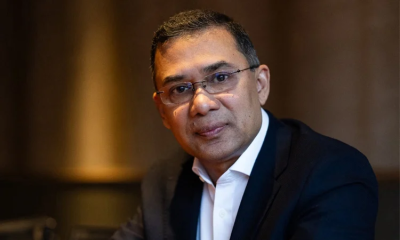
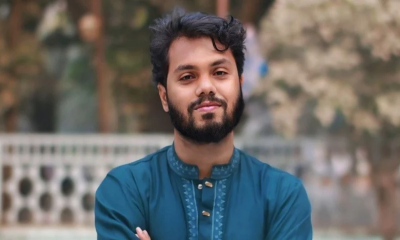
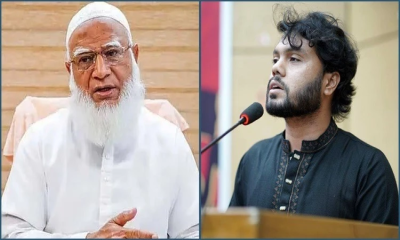
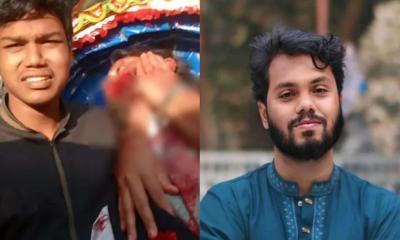
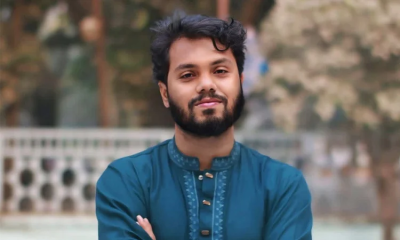
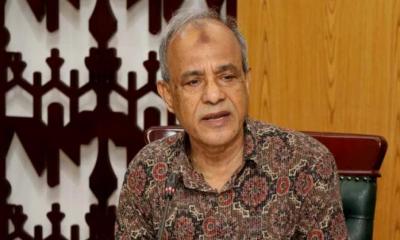

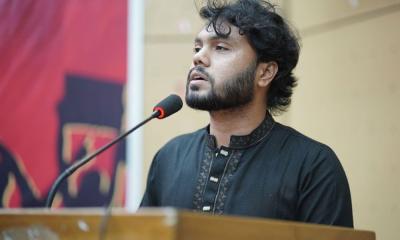
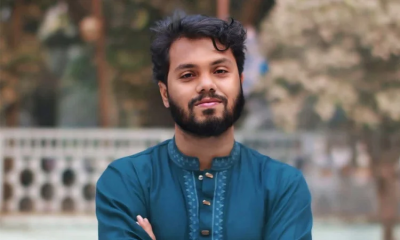
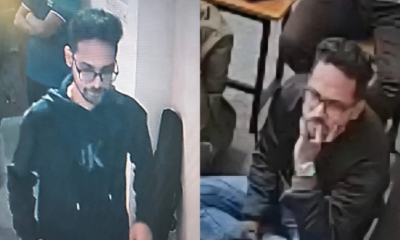
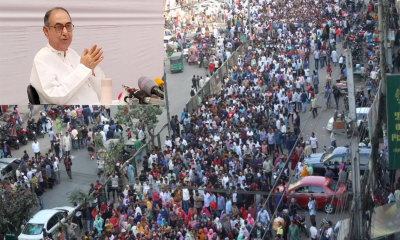


-20251216090625.jpeg)
-20251218165258.jpeg)

